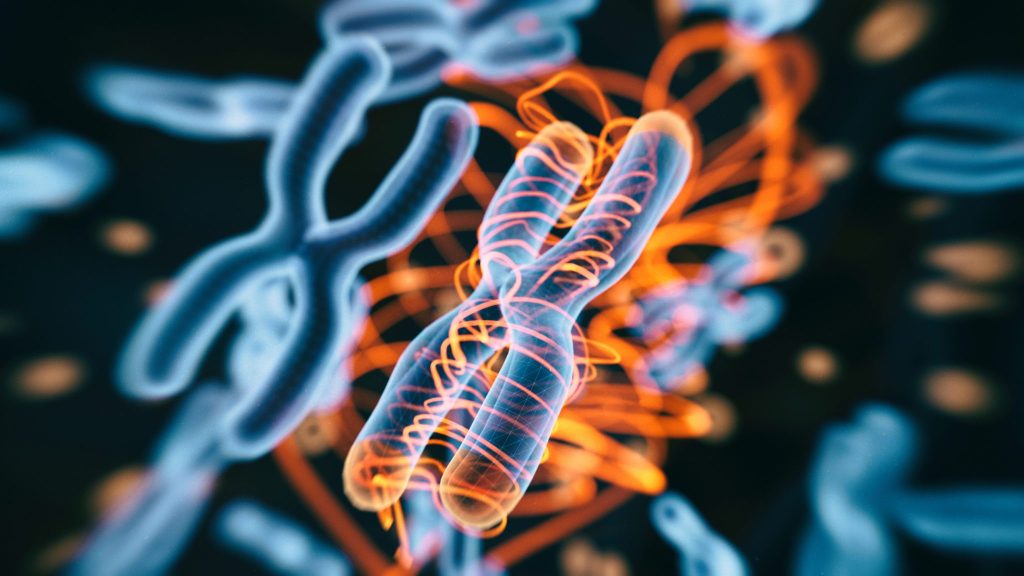Georgia State University scientists have created gene-edited hamsters for studies of social neuroscience and have found that the biology behind social behavior may be more complex than previously thought.

A team of Georgia State University researchers used CRISPR-Cas9 technology to eliminate the actions of a neurochemical signaling pathway that plays a critical role in regulating social behaviors in mammals.
Vasopressin and the receptor that it acts on called Avpr1a regulates social phenomena ranging from pair bonding, cooperation, and social communication to dominance and aggression.
The new study, published in the Proceedings of the National Academy of Sciences (PNAS), finds that knocking out the Avpr1a receptor in hamsters, and thus effectively eliminating vasopressin’s action on it, dramatically altered the expression of social behavior in unexpected ways.
“We were really surprised at the results,” Albers said. “We anticipated that if we eliminated vasopressin activity, we would reduce both aggression and social communication. But the opposite happened.”
Instead, the hamsters without the receptor showed much higher levels of social communication behavior than did their counterparts with intact receptors. Even more interesting, the typical sex differences observed in aggressiveness were eliminated with both male and female hamsters displaying high levels of aggression towards other same-sex individuals.
“This suggests a startling conclusion,” Albers said. “Even though we know that vasopressin increases social behaviors by acting within a number of brain regions, it is possible that the more global effects of the Avpr1a receptor are inhibitory.
“We don’t understand this system as well as we thought we did. The counterintuitive findings tell us we need to start thinking about the actions of these receptors across entire circuits of the brain and not just in specific brain regions.”
The hamsters used in the research were Syrian hamsters, which have become increasingly important for studies of social behavior, aggression and communication. They are the species in which vasopressin was first demonstrated to influence sociality.
Hamsters provide a powerful model for the studies of social behavior because their social organization is far more similar to humans than that observed in mice, even though mice are the most common laboratory animal used. Hamsters are unique research animals in other ways as well, explained Huhman, who is Associate Director of the Neuroscience Institute at Georgia State.
“Their stress response is more like that of humans than it is other rodents. They release the stress hormone cortisol, just as humans do. They also get many of the cancers that humans get,” she said. “Their susceptibility to the SARS-CoV-2 virus that causes COVID-19 makes them the rodent species of choice because they are vulnerable to it just as we are.”
The work using CRISPR in hamsters was a significant step forward, say both researchers.
“Developing gene-edited hamsters was not easy,” Albers said. “But it is important to understand the neurocircuitry involved in human social behavior and our model has translational relevance for human health. Understanding the role of vasopressin in behavior is necessary to help identify potential new and more effective treatment strategies for a diverse group of neuropsychiatric disorders ranging from autism to depression.” [PNAS, GSU.edu]













Getting closer to releasing the Zombie virus.